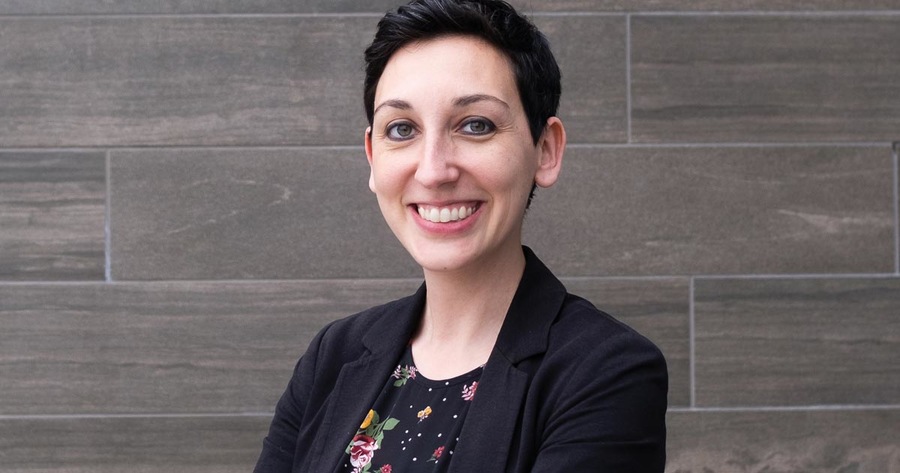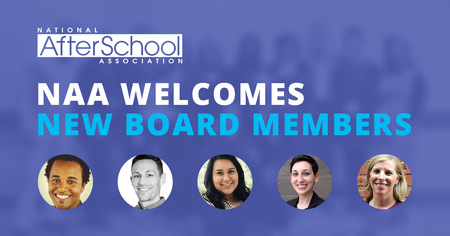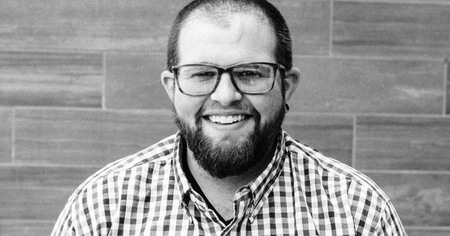1. "Identification of someone or something or person from previous encounters or knowledge."
Recognition is how I entered a career in and in support of afterschool programs. It started with Jim in the Gym, my middle school PE teacher. (Perfectly named for his profession, right?) During high school, Jim asked if I wanted to help him run a sports-based afterschool program. I liked working with kids. I said yes. Looking back, Jim recognized in me, his former student, my potential as a youth worker. Through Jim, I recognized the power of afterschool programs in the lives of young people.
2. "Acknowledgment of something's existence, validity, or legality."
Fast forward a few years to college. I attended a documentary screening about Seeds of Peace, for a few extra points. In that dark auditorium, I was fascinated by what was happening on the screen and in my head. I'd planned to be a teacher, thinking that's what a career working with youth had to look like. The movie finished. By June, I was on my way to work at Seeds of Peace. I recognized my career wasn't confined to a classroom.
The National AfterSchool Association reports three-fourths of workers 25 or younger plan to stay in the field under three years. Why does this matter? There are over 10 million youth attending out-of-school time programs, according to the Afterschool Alliance. Research from Search Institute finds youth programs provide important contexts where young people can develop trustworthy, lasting relationships. What happens when that program leader leaves? It matters ... 10 million times over.
It matters because I could have left. Instead, I was lucky to find mentors and organizations that recognized the purpose and power of afterschool as a professional path forward. I didn't know my job at 16 would be the start of my career or that I'd become a youth development professional because of an extra credit assignment.
Two decades later, I know why I'm Chief Strategy Officer at Camp Fire: because the youth in our programs rely on me and my colleagues to recognize that they, too, deserve an opportunity to lift their voice and develop the knowledge, skills, and mindsets that grow in out-of-school time programs.
What I also know: The thousands of youth workers and program leaders transforming our programs into powerful experiences deserve the opportunity to be recognized and recognize the opportunity for a job to become a career.
We all benefit when that happens!
Written by Shawna Rosenzweig, Chief Strategy Officer, Camp Fire National Headquarters.
This article was adapted from Shawna's Guest Editor's Note in the Winter 2020 issue of AfterSchool Today.



